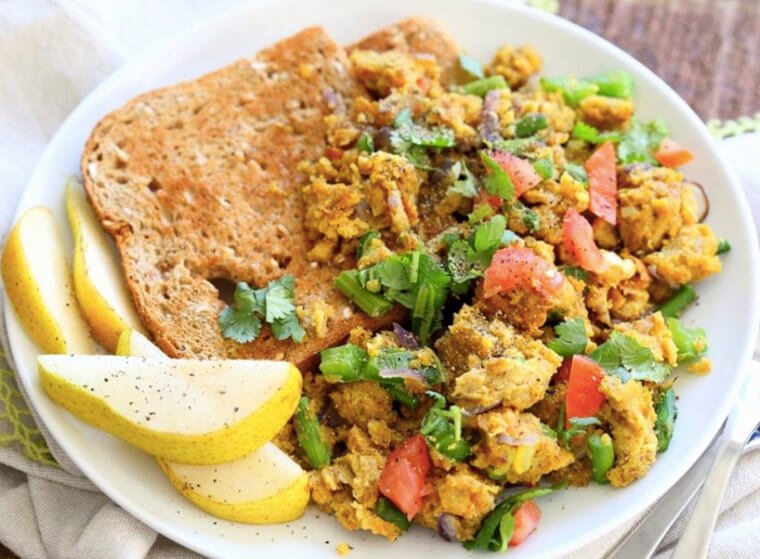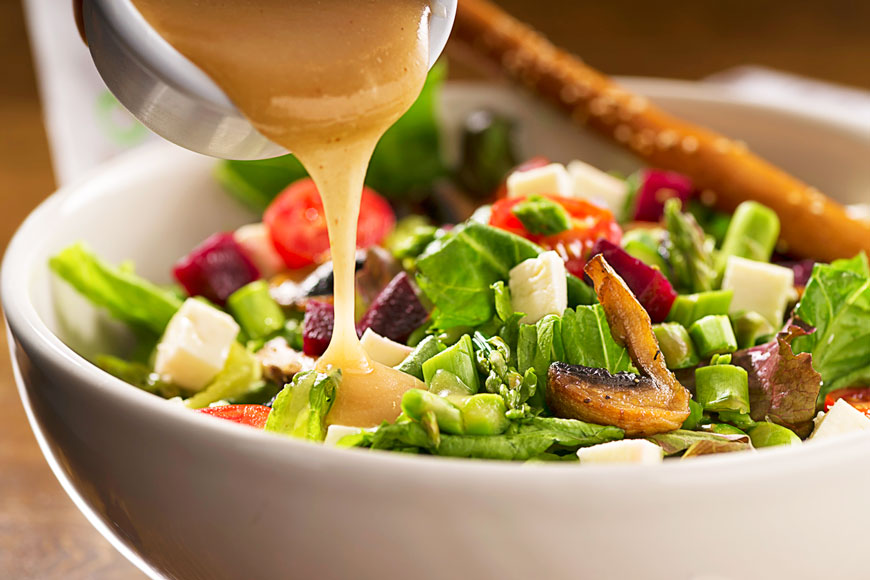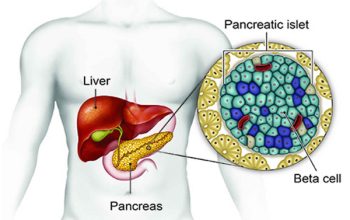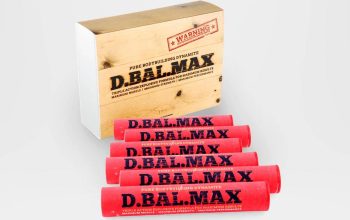With the rise in veganism, many people switch to a vegan lifestyle for some time or permanently. This is one of the main reasons why people seek to know ways to get enough protein through other sources as some people form a misconception that those plant-based protein alternatives cannot provide you with enough protein. However, that is not true, with the correct management of meals you can get the required amount of protein easily. Although there can be many other reasons why people look for other alternatives such as having food allergies. However, whatever the reason might be you should be happy to know there are many ways to incorporate protein into your diet.
Protein is essential to maintain good health as it is used by your body for many purposes. You must have noticed boxes of protein powder in houses of your bodybuilder and athlete friends. All these people require protein to carry out heavy workouts as protein helps them with muscle building as well as fatigue. However, a normal human being also requires some amount of protein to ensure a healthy body. It helps with the repair of tissues, makes body chemicals, hormones, enzymes, and helps with many other body processes which make it important to consume a healthy amount of protein daily. Below given are 7 ways through which you can get enough protein without incorporating meat in your diet.
- Start with a high-protein breakfast

Breakfast is often associated with high importance as it is the first meal after the night which means a meal after 9-10 hours. It helps you to supply energy for the whole day and the correct choice also helps you to eat a controlled diet. Eating a high protein breakfast can have many benefits hence, it is advised to start your day with some protein-rich foods. This is beneficial to maintain your protein intake throughout the day as it is said to have satiety effects which can help you feel full for a longer time. So, starting your day with protein helps you to consume enough amounts of it throughout the day without feeling full from other foods. A protein-rich breakfast is also linked with weight loss which makes it great for all the weight watchers as well, by increasing the number of calories you burn and decreasing the desire to have unwanted snacks protein helps you to maintain a healthy diet.
- Enjoy protein-rich snacks
Many people crave snacks throughout the day, whether it is a mid-day snack or snacks in the evening. The right choice of these snacks can also help you to complete your daily protein needs. Unhealthy snacks often lead to repetition of the cycle where you eat more and more snacks as these snacks are high in refined sugar and saturated fats. Switching these snacks with protein-rich snacks can be beneficial in not only achieving your goal but also reduces your cravings for them. A snack such as a butter bean dip along with vegetables is a very healthy alternative that can be paired with corn chips as well. Other snacks such as a tofu sandwich or a peanut butter sandwich are also great alternatives for all the highly processed snacks. All you have to do is grab a slice of bread preferably whole wheat bread or multigrain bread and spread some peanut butter or some tofu and veggies on it to satisfy your in-between cravings. Tofu is said to be high in protein and a serving of 100 grams tofu provides you with 8 grams of protein and 2 grams of carbs. It also contains many essential amino acids that are required by your body.
- Add lots of green vegetables in your diet

Leafy green vegetables are essential to maintain a healthy diet, and many green vegetables are known for their high protein content top one being spinach. Spinach is said to have magnesium, iron, protein, and many vitamins like vitamins A, C, and K.
Intake of 2 cups of spinach alone can provide you with 10 grams of protein and contains very few calories. Other green veggies such as kale or leaf cabbage, asparagus, peas, and Brussels sprouts also contain a good amount of protein. It is advised to consume these vegetables in their least processed form to ensure more benefit as further processing them reduces their nutritional value and increases the number of calories. You can enjoy them as a juice if you are a fan of green juices, or as a salad, as there is no need to cook them for making a juice or a salad that will provide you with its full benefit.
- Eat some legumes daily
Legumes include chickpeas, lentils, peanuts, and other types that are rich in protein, fiber, iron, B vitamins, and many other essential nutrients that your body needs. Lentils like black lentils, green lentils, chickpeas are also said to be high in protein and low in calories. Intake of just half a cup of cooked lentils can provide you with around 12 grams of protein and lots of fiber. Especially the green lentils are rich in protein and fiber as well. Chickpeas also offer many health benefits and promote digestion. It also prevents symptoms of many diseases and is an essential food for vegetarians or vegans as it provides many essential nutrients that are difficult to find in other food items such as folate and vitamin B6. Also, it is advised not to use canned or ready to eat lentils as they are added with many preservatives and contains very few nutrients.
- Make overnight oats and smoothies

Overnight oats are popular for completing your protein intake as it offers many health benefits and has a favorable taste as well. They contain a good amount of protein, fiber, and also promote gut health. They also contain essential vitamins and minerals like magnesium and iron. It is preferable to soak overnight oats in water as it helps to break down starches and phytic acid present in it due to which the body can absorb and utilize the nutrients present in oats efficiently.
Smoothies are also a fun way to get some protein as they are tasty to drink and helps you feel full for a long time. Adding a greek yogurt, peanut butter, protein powder, or a soy milk smoothie to your routine can help you improve your protein intake and also provides you with the goodness of these items.
- Add some beans to your diet
Just like legumes beans are also rich in protein and many other essential vitamins and minerals such as vitamins A,C, and K, folic acid, fiber, and others. They offer health benefits like reduced risk of diabetes and better heart health. They are low in calories and saturated fats. One cup of beans can provide you with 14-18 grams of protein. Which is considered a good number as it can easily help you to meet your daily requirements. Soybeans are one of the best beans to consume as unlike other beans they are not an incomplete protein and contain all nine amino acids which make it a complete source of protein.
- Eat a handful of nuts and seeds
Nuts and seeds are packed with protein, fiber, and healthy fats. Although they are high in calories and contain fats, these fats are considered good for you and can help you lower cholesterol. Some high protein nuts and seeds include pumpkin seeds, almonds, walnuts, pistachios, flax seeds, and more. These nuts and seeds when combined with other protein foods can provide you with the benefits of a full protein food item. They can be taken as a snack or you can use them as a topping on your smoothie as well.


